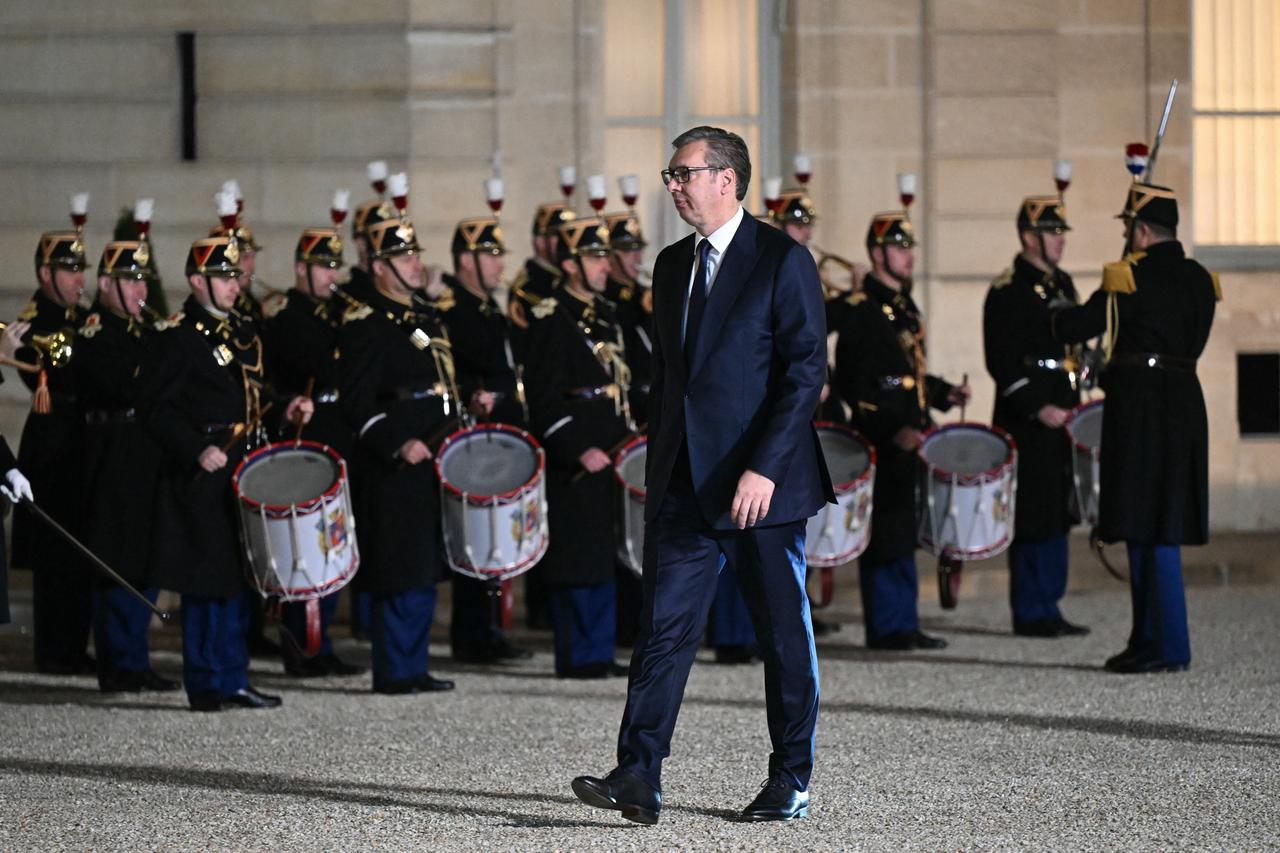
Serbian President Aleksandar Vucic said Sunday he wants to avoid the "confiscation" of Russian shares in the country's oil company NIS "at all costs," as Belgrade scrambles to escape the grip of U.S. sanctions.
The Petroleum Industry of Serbia (NIS), majority-owned by Russian energy giants, was sanctioned by Washington in 2022 as part of broader restrictions against Russia’s energy sector following its invasion of Ukraine.
The sanctions have severely impacted Serbia, which analysts warn is nearing a winter energy crisis. The country’s only oil refinery faces a potential shutdown unless a solution is found.
While Serbia had negotiated several postponements, the U.S. Treasury Department began enforcing the sanctions on Oct. 9. American officials have now informed Belgrade that all Russian shareholders must exit NIS for the sanctions to be lifted.
That poses a major challenge for Serbia, an E.U. membership candidate and one of the few European nations that has not imposed sanctions on Russia.
“I want us to avoid at all costs confiscation, nationalization or seizure of property... We do not want to take anything from anyone,” Vucic said during an emergency government meeting following the latest U.S. announcement.
“I want us to exhaust all possibilities before committing to a takeover process or anything else,” he added.

Vucic said Serbia now has seven days to decide on measures to ensure fuel supplies from the NIS-operated refinery without resorting to nationalization.
“We need to have a solution by next Sunday,” he said, pledging that the government’s response would be “decisive.”
Finance Minister Sinisa Mali warned Sunday that prolonged sanctions on NIS could damage Serbia’s economic growth, credit rating, and attractiveness to foreign investors.
Gazprom Neft owns 44.9% of NIS, while parent company Gazprom previously held an 11.3% stake, which it transferred in September to another Russian firm, Intelligence. The Serbian state holds 29.9% of the company, with the remaining shares owned by small investors.
NIS is currently unable to secure supplies, and company officials have warned that its crude reserves will be depleted by Nov. 25 unless new procurement channels are established.
Vucic said negotiations are ongoing between the Russian stakeholders and their “Asian and European partners” regarding the potential sale of NIS shares, but he did not name specific companies.